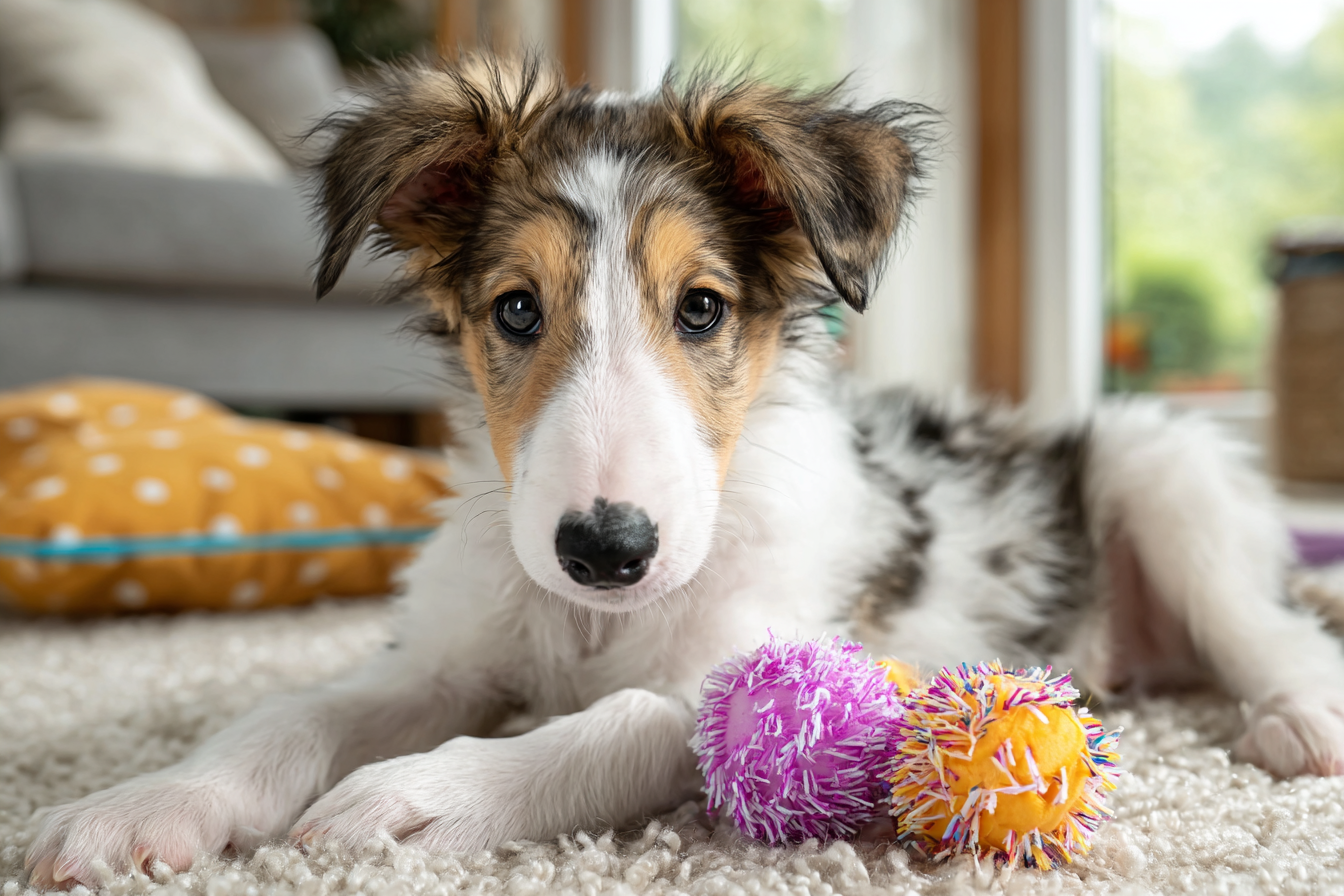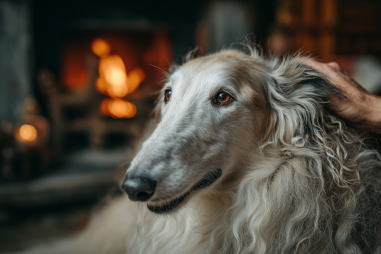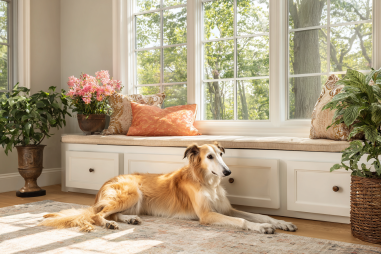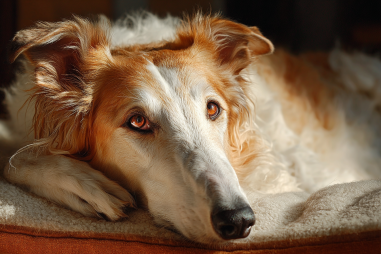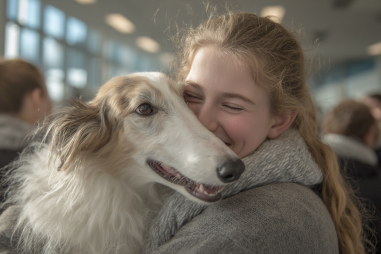Welcoming a Borzoi puppy into your family is an exciting journey filled with love and responsibility. Known for their graceful stature, gentle nature, and aristocratic demeanor, Borzoi puppies require special attention to thrive during their early development stages. From choosing the right nutrition to establishing social habits and grooming routines, ensuring you provide comprehensive care is essential for raising a happy, healthy Borzoi. In this guide, we’ll explore the vital aspects of Borzoi puppy care to help you nurture your new companion from day one.
Bringing Home Your Borzoi Puppy
The moment you bring your Borzoi puppy home marks the beginning of a lifelong bond. Preparation is key to making this transition smooth for both you and your furry friend. Before the puppy arrives, create a designated, quiet space where they can feel safe and secure. This area should be equipped with a comfortable bed, some toys, fresh water, and their food dish.
It’s natural for a Borzoi puppy to feel nervous or overwhelmed when adjusting to a new environment. Patience and gentle encouragement will help them build confidence. Spend quality time together, allowing them to explore their surroundings while offering reassurance. Additionally, setting a consistent daily routine early on will instill a sense of security and predictability, which puppies thrive on.
Proper Feeding and Nutrition
Nutrition plays a critical role in your Borzoi puppy’s growth and overall wellbeing. As a large breed dog, Borzois have specific dietary needs to support proper bone and muscle development.
Select a high-quality puppy food formulated for large breeds, which contains balanced levels of protein, fats, vitamins, and minerals. These formulas help support healthy growth rates and prevent joint issues later in life.
Feed your Borzoi puppy several small meals throughout the day rather than one or two large servings. Typically, 3 to 4 meals a day up to six months old, gradually reducing to two meals by one year, is a good guideline. Always provide access to clean, fresh water.
Keep in mind that overfeeding can lead to rapid growth, placing strain on developing joints, so measure portions carefully and maintain regular vet checkups to adjust feeding as needed. Avoid giving your puppy table scraps or treats high in fat or sugar, which can upset their digestive system.
Socialization and Early Training
Early socialization is vital to nurturing a well-rounded Borzoi puppy. Introduce your puppy to a variety of people, other animals, sights, and sounds gradually and positively. This exposure helps reduce fear and aggression later in adulthood.
Enroll your puppy in a reputable puppy socialization or obedience class where they can learn manners and build confidence in a controlled setting. Practice basic commands like sit, stay, and come to establish good communication. Borzois are intelligent but can be somewhat independent, so patience and consistent positive reinforcement work best.
Early training also includes acclimating your puppy to grooming, handling, and car rides. Regular playtime, mental stimulation with puzzle toys, and gentle exercise support their physical and cognitive development.
Health Checkups and Vaccinations
Regular veterinary care is fundamental to your Borzoi puppy’s long-term health. Schedule your first vet visit within a few days of bringing your puppy home for a comprehensive health evaluation. Your vet will check for common congenital issues and set up a vaccination schedule tailored to your puppy’s needs.
Vaccinations typically begin at six to eight weeks of age and continue in boosts throughout the first year. Core vaccines include protection against distemper, parvovirus, adenovirus, and rabies. Parasite prevention for fleas, ticks, and worms is equally important—consult your vet for ongoing treatment plans.
Keep a detailed health record and monitor your puppy’s growth, appetite, and behavior so you can promptly address any concerns. Borzois are generally healthy dogs but can be prone to conditions like hip dysplasia and bloat, so awareness and preventive care are essential.
Grooming Basics for Puppies
Borzoi puppies have a beautiful, silky coat that requires regular grooming to stay in top condition. Start grooming habits early to get your puppy comfortable with brushes and handling.
Brush your Borzoi’s coat at least two to three times a week to prevent mats and tangles and remove loose hair. Use a slicker brush or pin brush designed for long-haired breeds. Bathing should be done as needed using a gentle puppy shampoo to maintain skin health.
Also, attend to other grooming needs such as trimming nails, cleaning ears, and brushing teeth. Make these experiences positive by offering treats and praise to build trust and cooperation.
Creating a Safe and Loving Environment
Your Borzoi puppy’s environment should be secure, stimulating, and full of love. Puppy-proof your home by removing hazardous items like toxic plants, electrical cords, small objects, and food that can be harmful.
Provide plenty of age-appropriate toys to keep your Borzoi mentally and physically engaged. Borzois enjoy both gentle play and calm relaxation, so balance activity with quiet time to meet their needs.
Finally, shower your puppy with affection and positive attention. A warm, loving bond lays the foundation for a loyal and confident adult dog who feels safe and cherished.
Caring for a Borzoi puppy can be a deeply rewarding experience when you focus on their unique requirements. By providing proper nutrition, socialization, medical care, grooming, and a nurturing environment, you set the stage for a lifetime of happiness and companionship with your elegant Borzoi friend.

